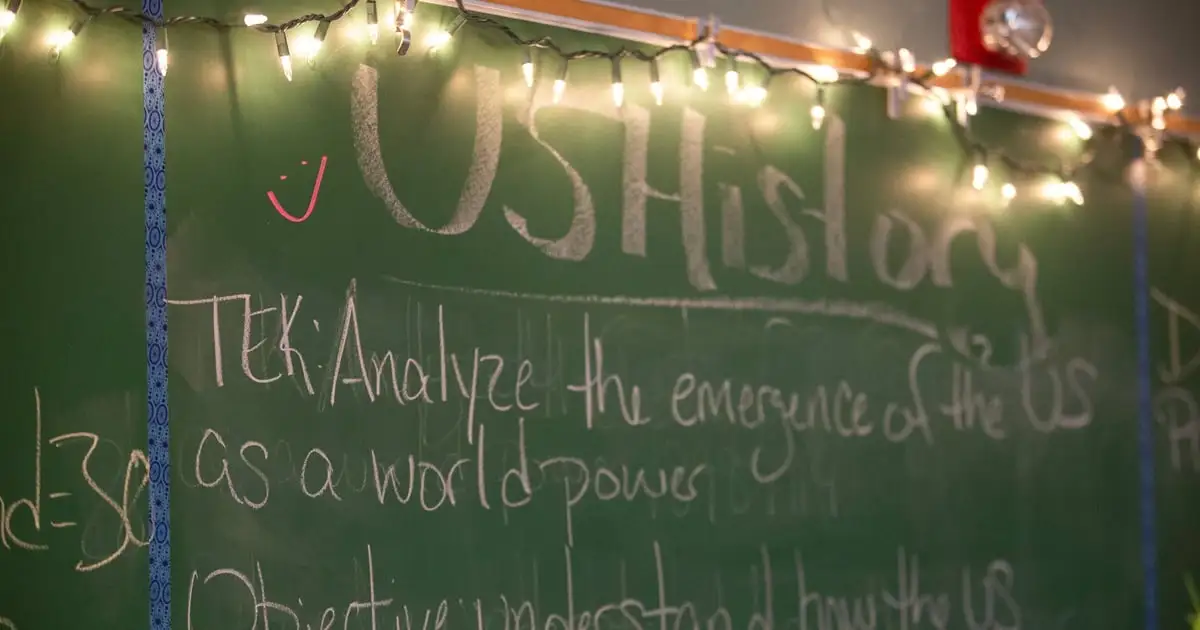Since it was proposed by the Texas Education Agency earlier this year, the elementary school reading and language arts curriculum has faced strong opposition from parents, advocates and faith leaders for its heavy use of biblical teachings, which critics say could lead to the bullying and isolation of non-Christian students, undermine church-state separation and grant the state far-reaching control over how children learn about religion.
A second grade lesson called “Fighting for a Cause” notes that “slavery was wrong, but it was practiced in most nations throughout history.” It does not detail the race-based nature of slavery in America that made it distinct from other parts of the world.
Another second grade lesson covering the U.S. Civil War focuses heavily on Robert E. Lee’s “excellent abilities” as general of the Confederate Army, which fought to maintain slavery, and his desire to find “a peaceful way to end the disagreement” with the North. It does not teach that Lee enslaved people or highlight his racist views that Black people were neither intelligent nor qualified to hold political power.



How do they teach the US emerging as a world power? I can kind of imagine them saying it just happened because they’re cleverer and harder working.
They have been saying that for decades. American exceptionalism and all that.
deleted by creator
I went to top schools in wealthy suburbs my entire childhood in blue neighborhoods in blue states, and we were taught American exceptionalism and the strength of our adherence to capitalism was what built the country, as well as what defeated communism. Slavery was a problem but it was gone now and things were fine, especially since the civil rights movement.
It wasn’t all framed quite that simply, but they were the obvious takeaways. I didn’t even realize it until I started devouring history books in my adult life. We learned an accepted view of history, but the arguments for why those things happened and their impacts were wildly disparate from what I (on the basis of what seems to be the historical consensus today) believe is realistic.
deleted by creator